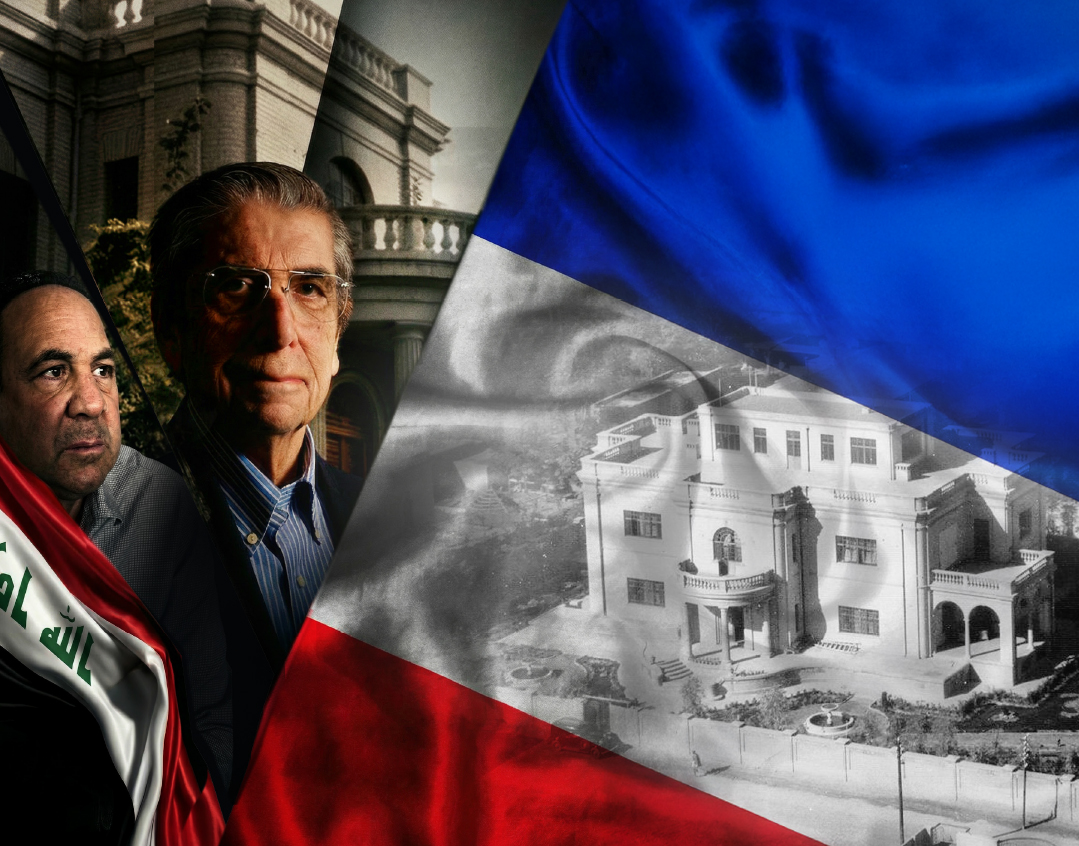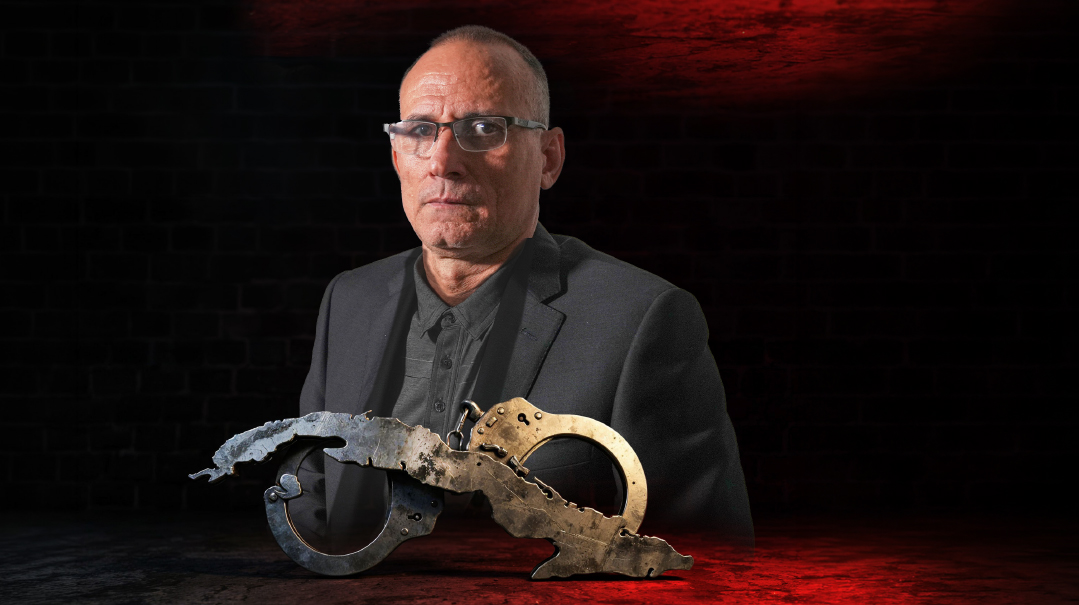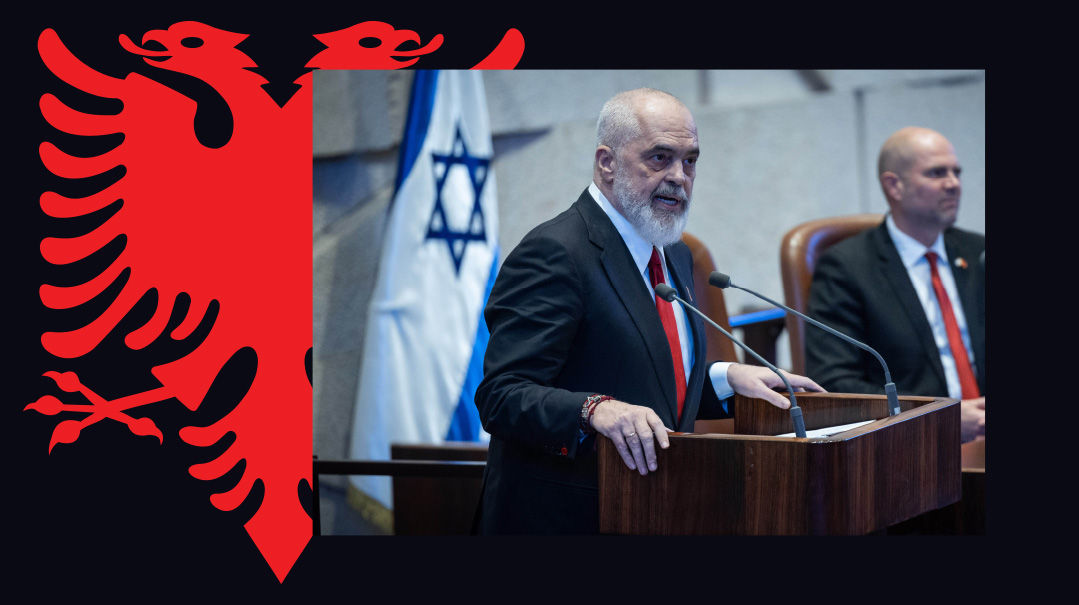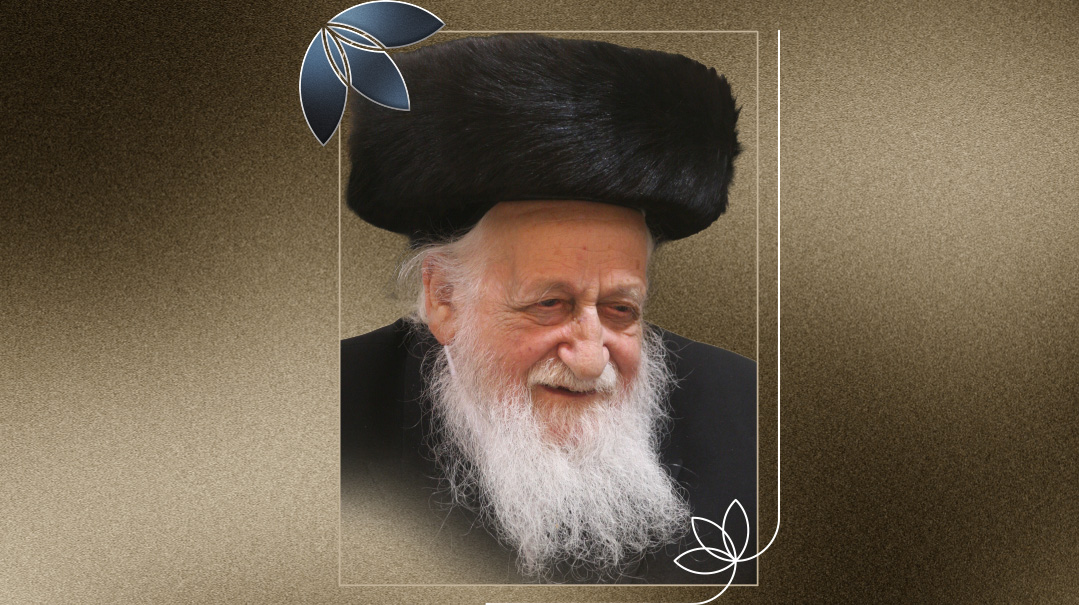AMERICA’S MORAL MORASS

The Supreme Court has left Washington for its summer recess, but not before turning the time-honored definition of marriage on its head

America’s moral majority has been legally vanquished.
Five members of the Supreme Court of the United States (SCOTUS) fired the final shot, with a slim 5 to 4 majority in a case known as Obergefell vs. Hodges.
They ruled that the 14th Amendment, passed in 1868 primarily to grant equality to newly freed slaves after the Civil War, also requires a state to license a marriage between two people of the same gender.
The handwriting for such a ruling has been on the wall since Massachusetts became the first state to confer such a right in 2003. Thirty-five states followed suit, while the 13 states that barred such marriages faced an ongoing barrage of legal challenges, all the while losing ground in the court of public opinion.
A Pew Research Poll published in the second week of June showed 57% of Americans favoring same-gender marriage, with just 39% opposed. Some 72% said that legalization was “inevitable.”
“Very often, the law will follow the trajectory of the social climate,” says Rabbi Chaim Dovid Zwiebel, executive vice president of Agudath Israel of America. The Agudah filed an amicus curiae (friends of the court) brief on behalf of the defendants in the Obergefell vs. Hodges case, and, along with a host of other religious groups, expressed severe disappointment with the outcome. “The issue of fighting the acceptance of same-gender marriage, and its accompanying lifestyle, is a battle that has been lost in popular culture and a variety of other contexts that made this ruling almost inevitable,” Rabbi Zwiebel added. “The issue was legitimized through popular culture and became part of what mainstream America, and younger Americans, in particular, came to take for granted.”
The lobby, now known as the LGBT movement, has been pushing for equality for their lifestyle ever since June 29, 1969, when same-gender patrons of New York City’s Stonewall pub physically fought off a police raid, sparking a new, nationwide movement that over the next half-century eroded America’s Judeo-Christian ethic, and lorded 14th Amendment rights over the Bible, contending marriage was a purely legal arrangement, and not a spiritual bond between husband and wife.
For a while, the pro-marriage forces had enough clout to fight back. In 1996, President Clinton signed a law that Congress passed with a whopping majority, defining marriage, for federal purposes, as the union of one man and one woman.
That law was called DOMA, or the Defense of Marriage Act, but the Supreme Court struck down a section of the law exactly two years before last Friday’s ruling in Obergefell, ruling that a New York woman named Edith Windsor should be exempt from paying $363,000 in estate taxes on money she inherited from her same-gender spouse just like she would have been had they been husband and wife.
After Windsor, it was only a matter of time before the final defense of marriage was toppled. That ultimate challenge came in the form of the Obergefell vs. Hodges case, in which 14 same-gender couples and two men whose same-gender partners had died filed separate lawsuits in Federal District Courts in their home states, claiming that state laws barring same-gender marriages violated their 14th Amendment rights. That amendment reads in part: “No state shall make or enforce any law which shall abridge the privileges or immunities of citizens of the United States; nor shall any state deprive any person of life, liberty, or property, without due process of law; nor deny to any person within its jurisdiction the equal protection of the laws.”
A Supreme Court majority sided with the plaintiffs in Friday’s 5 to 4 ruling. Lyle Denniston, who has been covering the Supreme Court for 57 years, most recently for the popular SCOTUSblog, said the majority decision now ensconces the right to same-gender marriages firmly in the Constitution. “Thus it can be undone only by a formal amendment to the basic document, or a change of mind by a future Supreme Court,” Denniston wrote. “Neither is predictable.”
Already an article in POLITICO, a web magazine widely read by Washington insiders, suggested that laws against polygamy could be the next sacred cow to be sacrificed on the altar of the 14th Amendment.
Which leaves religious groups pondering a new uncharted world, in which another major chink in America’s moral armor has been breached. Even assuming that a strong, faith-based community can survive in America’s growing moral morass, the fear that the ruling will cause harm to religious liberty is rampant among conservative scholars, and is sure to be a hot-button political issue in the 2016 presidential campaign and Congressional races.
Dr. Ryan Anderson, a senior research fellow at The Heritage Foundation and author of the forthcoming book Truth Overruled: The Future of Marriage and Religious Freedom, cited the dissenting opinion of Chief Justice John Roberts in a SCOTUSblog symposium. Roberts wrote: “The majority graciously suggests that religious believers may continue to ‘advocate’ and ‘teach their views of marriage. The First Amendment guarantees, however, the freedom to ‘exercise’ religion. Ominously, that is not a word the majority uses.”
David Upham, an attorney and associate professor of politics at the University of Dallas, offered an even starker assessment, saying that by virtue of its decision, the Supreme Court threw its full authority behind this final assault on the definition of marriage, an attack that has been waged for nearly 50 years. “This decision is nothing less than a judicial revolution. It represents a disaster for our Constitution, our common Republic, and our children.”
Assault on the Fair-Minded
Chief Justice John Roberts
The majority graciously suggests that religious believers may continue to “advocate” and “teach” their views of marriage. The First Amendment guarantees, however, the freedom to “exercise” religion. Ominously, that is not a word the majority uses. Hard questions arise when people of faith exercise religion in ways that may be seen to conflict with the new right to same-[gender] marriage — when, for example, a religious college provides married student housing only to
There is little doubt that these and similar questions will soon be before this Court. Unfortunately, people of faith can take no comfort in the treatment they receive from the majority today.
Perhaps the most discouraging aspect of today’s decision is the extent to which the majority feels compelled to sully those on the other side of the debate…. These apparent assaults on the character of fair-minded people will have an effect, in society and in court. Moreover, they [these assaults] are entirely gratuitous. It is one thing for the majority to conclude that the Constitution protects a right to same-[gender] marriage; it is something else to portray everyone who does not share the majority’s “better informed understanding” as “bigoted.”
Transformation without Representation
Justice Antonin Scalia
A system of government that makes the People subordinate to a committee of nine unelected lawyers does not deserve to be called a democracy….the Federal Judiciary is hardly a cross-section of America. Take, for example, this Court, which consists of only nine men and women, all of them successful lawyers who studied at Harvard or Yale Law School. Four of the nine are natives of New York City. Eight of them grew up in east- and west-coast States. Only one hails from the vast expanse in-between. Not a single South-westerner or even, to tell the truth, a genuine Westerner (California does not count). Not a single evangelical Christian (a group that comprises about one quarter of Americans) or even a Protestant of any denomination. The strikingly unrepresentative character of the body voting on today’s social upheaval would be irrelevant if they were functioning as judges, answering the legal question whether the American people had ever ratified a constitutional provision that was understood to proscribe the traditional definition of marriage. But of course the Justices in today’s majority are not voting on that basis; they say they are not. And to allow the policy question of same-[gender] marriage to be considered and resolved by a select, patrician, highly unrepresentative panel of nine is to violate a principle even more fundamental than no taxation without representation: no social transformation without representation.
Threat to Religious Liberty
Justice Clarence Thomas
The definition of marriage has been the subject of heated debate in the States. Legislatures have repeatedly taken up the matter on behalf of the People, and 35 States have put the question to the People themselves. In 32 of those 35 States, the People have opted to retain the traditional definition of marriage. That petitioners disagree with the result of that process does not make it any less legitimate. Aside from undermining the political processes that protect our liberty, the majority’s decision threatens the religious liberty our Nation has long sought to protect.
In our society, marriage is not simply a governmental institution; it is a religious institution as well. Today’s decision might change the former, but it cannot change the latter. It appears all but inevitable that the two will come into conflict, particularly as individuals and churches are confronted with demands to participate in and endorse civil marriages between same-[gender] couples. Had the majority allowed the definition of marriage to be left to the political process — as the Constitution requires — the People could have considered the religious liberty implications of deviating from the traditional definition as part of their deliberative process. Instead, the majority’s decision short-circuits that process, with potentially ruinous consequences for religious liberty.
Contributing to Marriage’s Decay
Justice Samuel Alito
While, for many, the attributes of marriage in 21st century America have changed, those States that do not want to recognize same-[gender] marriage have not yet given up on the traditional understanding. They worry that by officially abandoning the older understanding, they may contribute to marriage’s further decay. It is far beyond the outer reaches of this Court’s authority to say that a State may not adhere to the understanding of marriage that has long prevailed, not just in this country and others with similar cultural roots, but also in a great variety of countries and cultures all around the globe… The family is an ancient and universal human institution.
Family structure reflects the characteristics of a civilization, and changes in family structure and in the popular understanding of marriage and the family can have profound effects…. the process by which such consequences come about is complex, involving the interaction of numerous factors, and tends to occur over an extended period of time. We can expect something similar to take place if same-[gender] marriage becomes widely accepted. The long-term consequences of this change are not now known and are unlikely to be ascertainable for some time to come.
4 Questions on the SCOTUS same-gender marriage ruling for Rabbi Chaim Dovid Zwiebel, executive vice president of Agudath Israel of America
How does our kehillah make its way through this new moral morass?
The supporters of this ruling have already announced plans to push for federal anti-discrimination legislation in housing and employment, as well as similar laws in those states that don’t already have laws on the books. At a minimum, we will have to fight to ensure that there are appropriate religious exemptions in any such anti-discrimination laws. For example, if I have a two family house, and Mr. Jones and Mr. Smith come to rent my upstairs apartment, I should have the right to refuse to rent to them as a matter of religious conviction, especially if I have children who I don’t want to be exposed to that.
In addition, there are laws in California and New Jersey that a mental health professional cannot provide therapy to a minor if that therapy is designed to change or control his attraction to the same gender. These types of laws are not certain to be brought up in other states as well. From our perspective, that will be a disaster.
Why?
There are young people in our community who face this challenge, and who want to grow up as members in good standing, and not feel ostracized. They would like to be married in the way we understand it and to remain faithful to the precepts of the Torah. There are mental health professionals who work with young people to help them in this way, and while the success rate is far from 100%, in many cases these young people have been helped. If the law says you have to wait until someone is 18 to start, then the therapy is unlikely to have the same, positive impact.
What impact can this ruling have on the tax-exempt status of our yeshivos, synagogues, and other nonprofits?
That brings us to the dissenting opinions and some of the discussion that took place at oral argument before the Supreme Court. Religious organizations like Agudath Israel are not about to recognize such relationships as marriages. We’re clearly entitled to maintain our religious beliefs, and disseminate our teachings, but at the same time, we may thereby put at risk certain benefits that are currently available. There are precedents, such as the case of Bob Jones University, where the college, based on a religious doctrine, prohibited interracial dating. In an 8 to 1 vote, the Supreme Court ruled the college was entitled to maintain that policy, but at the same time, the IRS was entitled to revoke Bob Jones’ tax-exempt status, which they did. The Boy Scouts also won a case where the Supreme Court ruled they could exclude a person from a leadership position because his lifestyle was objectionable, but then, all of a sudden, various government benefits and contracts they had entered into around the country were withdrawn because they were seen as an evil, bigoted organization. So just because we’re within our legal rights to maintain our religious positions, there may indeed come a time where governments will say you’re allowed to do what you want; we can’t shackle you in handcuffs and take you away and lock you up, but we can treat you like a pariah. Being a pariah can have very tangible consequences.
From a purely religious and hashkafah point of view, what is the downside of this new SCOTUS ruling?
The question of how we deal with this issue in terms of standing firm in our adherence to Torah principles. The reform, reconstructionist movement, and conservatives are applauding this decision. The official policy of even the conservative movement is that their rabbis will perform such marriages. I don’t think we’ll reach the stage where people who call themselves Orthodox will do so, but we are hearing some things on the left fringes of Orthodoxy that maybe subtly, or not so subtly, hold a very different perspective than our mesorah since time immemorial. We have to keep our eyes on this, and also keep our eyes on our own community. There may be people who have been reluctant to “come out of the closet” who may now do so. How do our yeshivos deal with this? How do shuls deal with mispallelim who have this issue? We’ve started to see some of these issues discussed more openly, most recently at a Yeshiva University forum a couple of months ago. This presents a challenge to the community on how to preserve the integrity of the mesorah while dealing with real-life people who are struggling with this issue. I hope that some of our best and brightest minds will deal with these matters.
(Originally featured in Mishpacha, Issue 566)
Oops! We could not locate your form.






